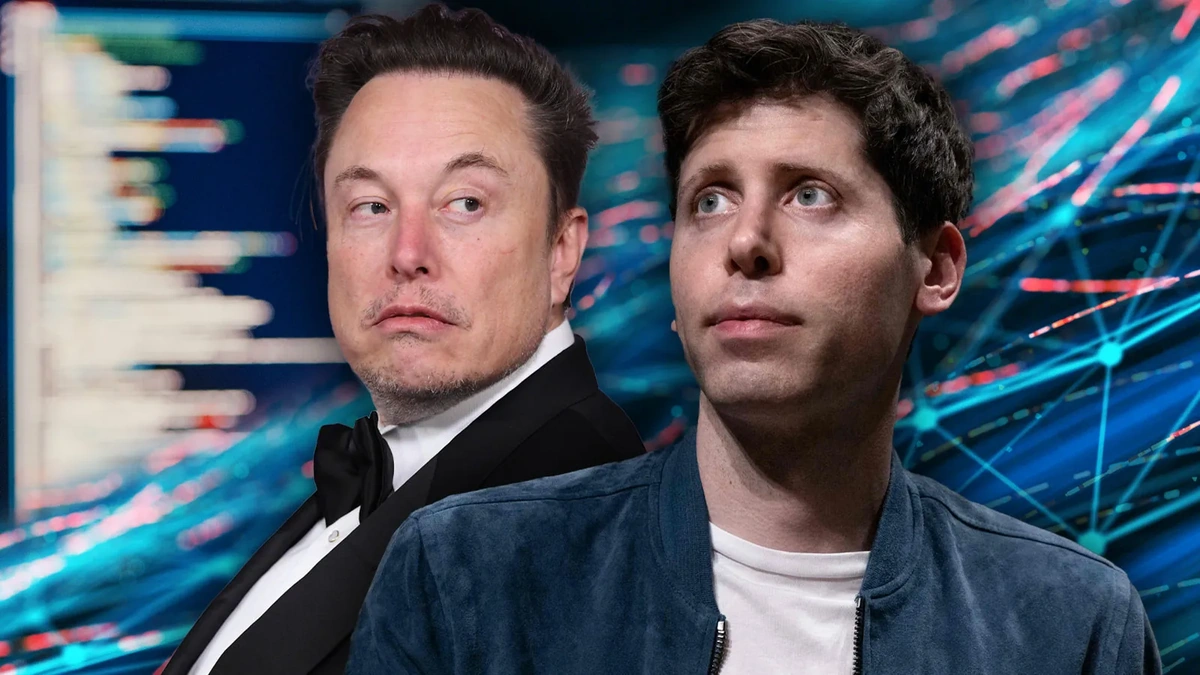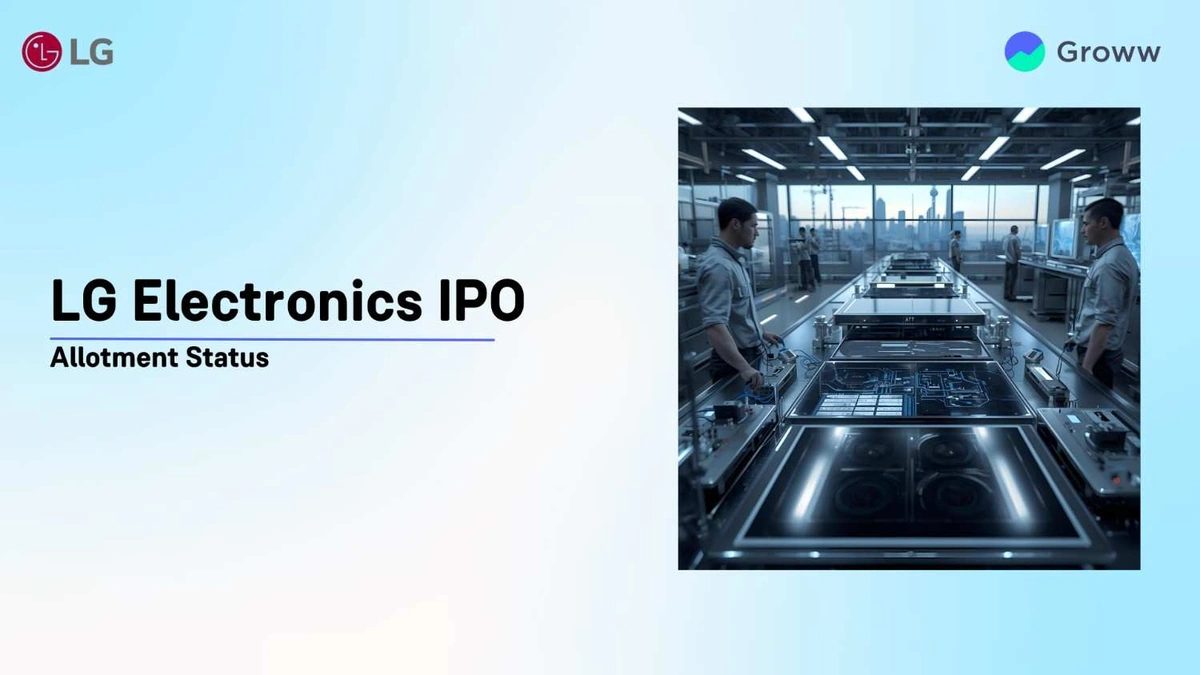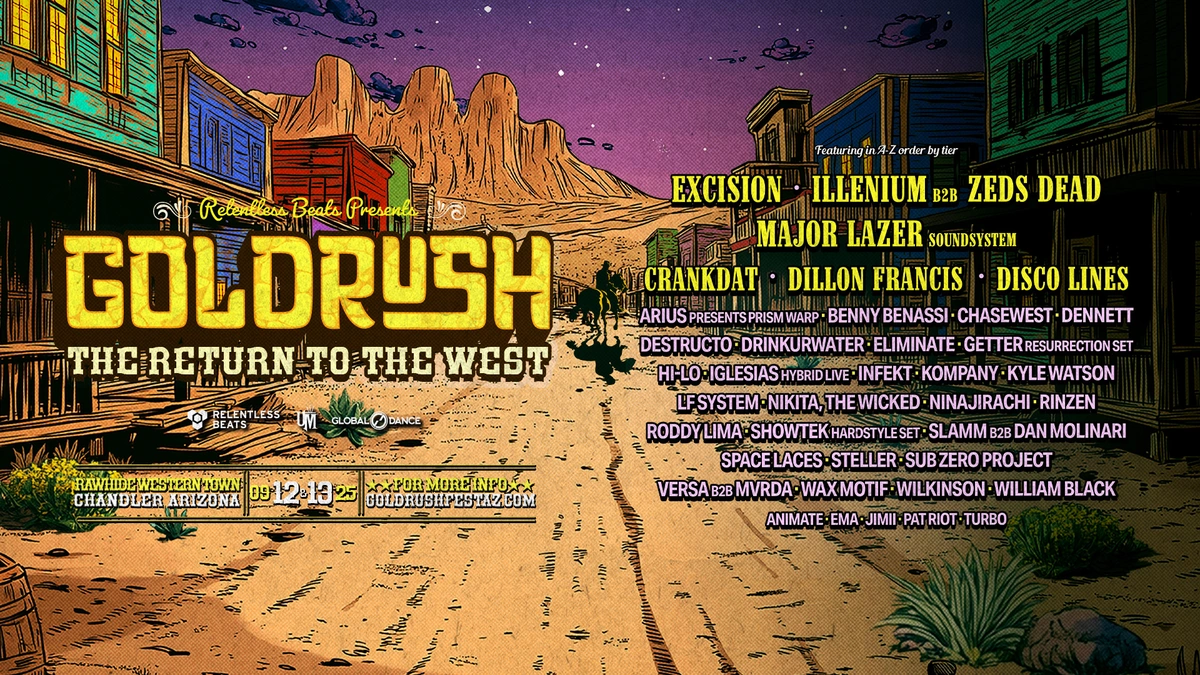Elon Musk Settles $128M Lawsuit with Ex-Twitter Execs
So, Elon Musk , the man who seemingly never sleeps, just settled a massive $128 million lawsuit with some former Twitter bigwigs. And you might be thinking, “Okay, another day, another billion-dollar headline.” But here’s the thing: this isn’t just about the money. It’s about what it means for the future of Twitter – or X, as it’s now annoyingly called – and for corporate governance in the age of eccentric billionaire CEOs.
Let’s be honest, the whole Twitter-Musk saga has been a wild ride. From the initial takeover drama to the mass layoffs and the… well, let’s just call them “interesting” policy changes, it’s been a rollercoaster. But the heart of this lawsuit, filed by executives like former CEO Parag Agrawal, CFO Ned Segal, and Chief Legal Officer Vijaya Gadde, revolves around Musk allegedly stiffing them on severance payments after they were ousted. Now, why should you care? Because it highlights the power dynamics at play when a single individual wields so much control.
The “Why” | Unpacking the Implications of the Settlement

Here’s where things get interesting. This settlement isn’t just about compensating those executives. It’s a signal. A signal that even the world’s richest man can’t simply ignore contracts and obligations. It’s a victory, albeit a costly one, for executive compensation and corporate accountability. Think of it this way: if Musk had gotten away with not paying the severance, it could have set a precedent, emboldening other powerful figures to disregard agreements. And that’s a slippery slope, my friend.
What fascinates me is how this all reflects on Musk’s leadership style. He’s known for his “move fast and break things” approach. That worked (arguably) at Tesla and SpaceX. But applying that philosophy to a social media platform, especially one as politically charged as Twitter, has proven… challenging. The lawsuit and its eventual settlement show that even the most disruptive leaders can’t operate outside the bounds of the law and contractual obligations. The fact that Elon agreed to the settlement says volumes about his awareness that he may have been on weak legal ground.
Decoding the Fine Print | What Was Actually Agreed Upon?
While the headlines scream “$128 Million Settlement,” the actual details are a bit murky. We don’t know the exact breakdown of how much each executive received. But it’s safe to assume that the settlement took into account factors like their previous salaries, positions, and the terms of their original employment agreements. Remember, these weren’t just any employees; they were key decision-makers who held significant responsibilities. Their severance packages likely included not just cash, but also stock options and other benefits.
It’s also worth noting that the original lawsuit sought considerably more than $128 million. The fact that Musk’s team negotiated a settlement suggests they recognized some vulnerability in their legal position. What I mean by that is, a complete win was unlikely. They probably balanced the cost of further litigation with the potential reputational damage and decided settling was the better course.
The Future of X (Formerly Twitter) | What Does This Mean?
This settlement, in my opinion, marks a turning point – or at least should mark a turning point – for X. With this legal battle behind him, Musk can (hopefully) focus on stabilizing the platform and addressing the numerous challenges it faces. These include declining ad revenue, user churn, and ongoing concerns about content moderation. The lawsuit was a distraction, a drain on resources, and a negative PR magnet.
Also, consider this: the settlement sends a message to current X employees. It suggests (again, hopefully) that the company values its commitments and will treat its employees fairly. This is crucial for attracting and retaining talent, especially in a competitive tech landscape. Will the culture change overnight? Probably not. But it’s a step in the right direction.
Musk’s Next Move | Can He Rebuild Trust?
The big question now is: can Musk rebuild trust with users, advertisers, and employees? He’s a visionary, no doubt. But his leadership style has been… polarizing, to put it mildly. To succeed with X, he needs to demonstrate a more collaborative and empathetic approach. He needs to listen to feedback, address concerns, and prioritize the long-term health of the platform over short-term gains.
This isn’t just about profits and losses; it’s about the role of social media in our society. Platforms like X have the power to connect people, facilitate dialogue, and promote understanding. But they also have the potential to spread misinformation, incite violence, and erode trust. Musk has a responsibility to use his influence wisely. The Twitter settlement is a fresh beginning.
According to Wikipedia ,Musk is known for his entrepreneurial spirit. His decisions on X will either continue his legacy or create a different image of the world’s richest man. What is also interesting is the potential impact on Musk’s leadership style . While Elon Musk is known for his “move fast and break things” approach, can he transition to a more responsible leadership style.
Why This Matters to You, the Average Indian User
Okay, so you might be thinking, “What does this Silicon Valley drama have to do with me, sitting here in India?” Well, consider this: Twitter (or X) is a global platform. What happens there affects us all. The policies and practices of social media companies impact everything from political discourse to economic trends. The impact of social media platforms is growing in India. The way forward will be to have better regulatory measures.
If powerful figures are held accountable for their actions, it sends a message that the rules apply to everyone, regardless of their wealth or status. And that’s a principle that’s worth fighting for. Moreover, as India’s digital economy grows, it’s crucial that we have strong corporate governance standards. The Elon Musk lawsuit serves as a reminder that transparency, accountability, and ethical behavior are essential for building a sustainable and equitable future. It’s a reminder that even the most innovative companies need to operate with integrity. Also, silver prices might be affected by global economic policies.
FAQ | Decoding the Elon Musk Lawsuit
What was the lawsuit about?
The lawsuit was filed by former Twitter executives who claimed that Elon Musk failed to pay them the severance they were owed after being fired.
How much did Elon Musk have to pay?
The settlement was for $128 million, although the exact breakdown for each executive isn’t public.
Why did Musk settle the lawsuit?
Musk likely settled to avoid further legal costs, reputational damage, and the risk of losing in court.
What does this mean for Twitter/X?
The settlement could signal a turning point, allowing Musk to focus on stabilizing the platform and addressing its challenges.
Does this affect me as a regular user?
Yes, because the policies and practices of social media companies have a global impact on political discourse and societal trends.
Is this the end of Musk’s legal troubles?
Probably not. Billionaires always have legal issues. But this particular chapter is closed.
So, there you have it. The Elon Musk lawsuit, unpacked and analyzed. It’s not just about the money; it’s about power, accountability, and the future of social media. And it’s a story that affects us all, whether we realize it or not. What I find interesting is if this affects Tesla stock .













